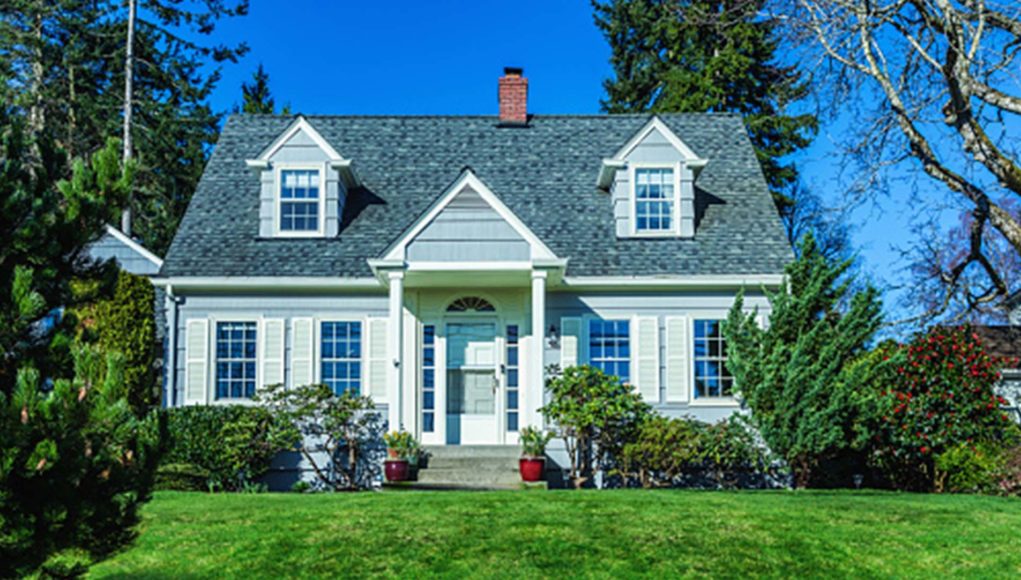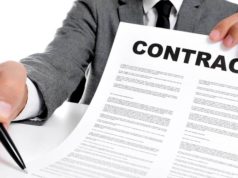Homebuying can be an exciting and fun experience. But if you’re new to house-hunting, you might be wondering what’s better — a starter home or a “forever” home.
What is a starter home?
Typically, beginner homes are smaller, more affordable, one-to-two-bedroom houses or condominiums. Further, they often have less amenities, and are only intended for the short term — 5 years or less. They are ideal for young professionals who aren’t focused on family life just yet. If you’re a first-time buyer, choosing the right starter home can help you save money and build equity for the future.
Pros
- Less commitment
- More affordable
- Less maintenance
- Lower cost to decorate
- Can be rentable asset
- Lower property taxes
Cons
- May be older
- Probably smaller
- Might need more repairs
- Lacks features
- May be difficult to sell
What is a “forever home”?
As the name implies, a forever home is a long-term investment. It is a house that you can imagine spending the rest of your life in. Additionally, forever homes have all the amenities and perks lacking from a starter home — larger bedrooms, more property, a larger kitchen, etc. Forever homes are more expensive than starter homes but have a higher resale value.
Pros
- Less transient
- More space to expand your family
- Time to settle into the community
- Amenities you want
Cons
- Greater cost
- Increased upkeep
- ROI takes longer
- More expensive utilities
In addition to analyzing the pros and cons of each type of home, take a look at your current situation — job location, proximity to friends and family, etc. — to determine which option suits your needs.
How do you decide which home is best for you?
As a first-time buyer in the market, ask yourself What do I want from my first home?
While budget will ultimately dictate your decision, think about how long you plan on living in a potential home.
Use these questions as a guide to decide whether you need a starter home or a forever home:
- Will the house appreciate?
- How long do I intend on living in the area?
- What size house will I need for my family?
- Do I want a “turn-key” home?
- How much work am I willing to put into the home?
- Is the house in a good location?
- How much house can I realistically afford?
Keep in mind that starter homes are smaller but not necessarily in need of serious repairs. Ideally, if you purchase a starter home, you want to be able to sell the property within five years. A starter home can help you build equity instead of paying rent while waiting to afford a larger, more permanent home.
Factors that affect resale
While there is no magic formula to ensure that a home will appreciate, certain factors play a larger role in resale than others:
- Location — You’ve probably heard it a million times — location, location, location. And it’s true. Look for properties in low crime areas and that are adjacent to parks, open spaces, public transportation, and good schools.
- Curb appeal — A home’s curb appeal is its first impression. It sets the bar for the rest of the property and can make or break a sale.
- Condition — If you’re buying a starter home, some repairs are to be expected. Look for houses that require as little maintenance as possible so that you can maximize potential profit when you resell your home.
Remember, it’s impossible to predict when and where home prices will rise or drop. Because of this, you may want to consider buying a starter home that could be used as a long-term residence should the need arise.
Consult an expert
Once you feel ready to hit the market, it’s in your best interests to contact a real estate expert. According to The National Association of REALTORS® 2020 Profile of Home Buyers and Sellers, 90% of sellers worked with a real estate agent to sell their home. Your Weichert Sales Associate will partner with the Mortgage Advisor on their All Under One Roof Team to help determine how much house you can afford. With the right guidance, you could be moving into your first home — starter or forever — within weeks or months!



























… [Trackback]
[…] Here you will find 20859 additional Info on that Topic: blog.weichert.com/should-you-buy-a-starter-home-or-forever-home/ […]
… [Trackback]
[…] Information to that Topic: blog.weichert.com/should-you-buy-a-starter-home-or-forever-home/ […]
… [Trackback]
[…] Information on that Topic: blog.weichert.com/should-you-buy-a-starter-home-or-forever-home/ […]
… [Trackback]
[…] Find More to that Topic: blog.weichert.com/should-you-buy-a-starter-home-or-forever-home/ […]
… [Trackback]
[…] Find More on that Topic: blog.weichert.com/should-you-buy-a-starter-home-or-forever-home/ […]
… [Trackback]
[…] Here you can find 65862 more Information on that Topic: blog.weichert.com/should-you-buy-a-starter-home-or-forever-home/ […]
… [Trackback]
[…] Read More Info here on that Topic: blog.weichert.com/should-you-buy-a-starter-home-or-forever-home/ […]
… [Trackback]
[…] Read More here on that Topic: blog.weichert.com/should-you-buy-a-starter-home-or-forever-home/ […]
… [Trackback]
[…] Find More Information here to that Topic: blog.weichert.com/should-you-buy-a-starter-home-or-forever-home/ […]
… [Trackback]
[…] There you will find 72124 additional Information to that Topic: blog.weichert.com/should-you-buy-a-starter-home-or-forever-home/ […]
… [Trackback]
[…] Info to that Topic: blog.weichert.com/should-you-buy-a-starter-home-or-forever-home/ […]
… [Trackback]
[…] Find More on that Topic: blog.weichert.com/should-you-buy-a-starter-home-or-forever-home/ […]
… [Trackback]
[…] Find More to that Topic: blog.weichert.com/should-you-buy-a-starter-home-or-forever-home/ […]
… [Trackback]
[…] Info to that Topic: blog.weichert.com/should-you-buy-a-starter-home-or-forever-home/ […]
… [Trackback]
[…] Find More here to that Topic: blog.weichert.com/should-you-buy-a-starter-home-or-forever-home/ […]
… [Trackback]
[…] Read More here to that Topic: blog.weichert.com/should-you-buy-a-starter-home-or-forever-home/ […]
… [Trackback]
[…] Find More on that Topic: blog.weichert.com/should-you-buy-a-starter-home-or-forever-home/ […]
… [Trackback]
[…] Find More here on that Topic: blog.weichert.com/should-you-buy-a-starter-home-or-forever-home/ […]
… [Trackback]
[…] Info to that Topic: blog.weichert.com/should-you-buy-a-starter-home-or-forever-home/ […]
… [Trackback]
[…] Find More on that Topic: blog.weichert.com/should-you-buy-a-starter-home-or-forever-home/ […]
… [Trackback]
[…] Find More Info here to that Topic: blog.weichert.com/should-you-buy-a-starter-home-or-forever-home/ […]
… [Trackback]
[…] Here you will find 32970 more Info to that Topic: blog.weichert.com/should-you-buy-a-starter-home-or-forever-home/ […]
… [Trackback]
[…] Information on that Topic: blog.weichert.com/should-you-buy-a-starter-home-or-forever-home/ […]
… [Trackback]
[…] Find More Information here on that Topic: blog.weichert.com/should-you-buy-a-starter-home-or-forever-home/ […]
… [Trackback]
[…] Find More Info here to that Topic: blog.weichert.com/should-you-buy-a-starter-home-or-forever-home/ […]
… [Trackback]
[…] Read More on on that Topic: blog.weichert.com/should-you-buy-a-starter-home-or-forever-home/ […]
… [Trackback]
[…] Read More to that Topic: blog.weichert.com/should-you-buy-a-starter-home-or-forever-home/ […]
… [Trackback]
[…] Find More on that Topic: blog.weichert.com/should-you-buy-a-starter-home-or-forever-home/ […]
… [Trackback]
[…] Information on that Topic: blog.weichert.com/should-you-buy-a-starter-home-or-forever-home/ […]
… [Trackback]
[…] Find More on to that Topic: blog.weichert.com/should-you-buy-a-starter-home-or-forever-home/ […]
… [Trackback]
[…] Read More Information here to that Topic: blog.weichert.com/should-you-buy-a-starter-home-or-forever-home/ […]
… [Trackback]
[…] Info on that Topic: blog.weichert.com/should-you-buy-a-starter-home-or-forever-home/ […]
Comments are closed.